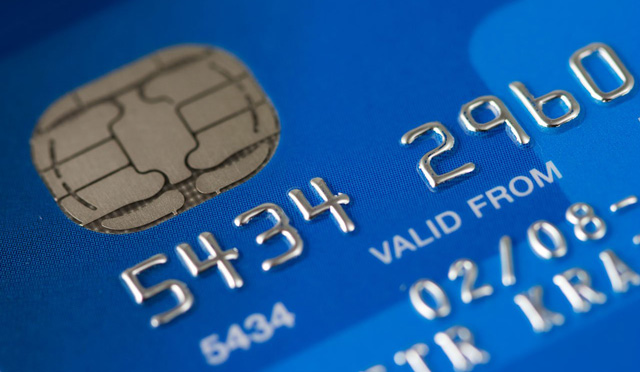
Despite the introduction of Europay, MasterCard and Visa (EMV) chip cards by South Africa’s banks, fraudsters continue to clone the cards to use them in countries that haven’t implemented the EMV standard for card payments.
Until the banks stop issuing credit and debit cards with magnetic stripes (magstripes) in additional to EMV-compliant chips, fraudsters will continue to attempt to clone them for use both in markets that haven’t yet implemented the technology and at home at point-of-sale terminals that don’t yet have built-in chip readers.
That’s the word from South African Banking Risk Information Centre (Sabric) CEO Kalyani Pillay, who tells TechCentral that South African banks have been “pretty robust” in their roll-out of EMV-based chip cards. As a result, counterfeit fraud has come down in recent years, she says.
On Tuesday, Sabric announced the the banking industry’s gross losses due to South African-issued credit card fraud has soared in 2014. In the first nine months of the year, losses accelerated to R453,9m, from R366m in the same period a year ago.
At the same time, however, there has been a decline in counterfeit card fraud losses, which Sabric attributes at least in part to the EMV chip technology. Losses from counterfeit card fraud fell by 12% to R48,4m between 2013 and 2014, according to Sabric.
However, South African banks continue to issue cards that contain both EMV chips and the far less secure magstripe technology.
“Unfortunately, there’s no silver bullet to solve all the different types of fraud. But certainly, EMV prevents the usage of a cloned card in certain respects,” says Pillay.
“Where perpetrators are smart — and these are organised criminals — they will try and circumvent these measures,” she adds. “They have found countries that are not EMV compliant and use cloned EMV cards in countries where they don’t call for a Pin number.”
Susan Potgieter, GM of the commercial crime office at Sabric, says banks issue dual chip/magstripe cards in South Africa for convenience. The cards offer interoperability across borders, including in countries like the US that haven’t yet implemented EMV.
“While we have the dual card, unfortunately there will be an appetite to compromise the magnetic stripe information to use the counterfeit card in non-EMV-compliant countries,” Potgieter says. She emphasises that unlike the magstripe, the chip technology has never been compromised. “EMV is a success story.”
Indeed, even the US, which initially balked at implementing the technology, has begun a project to move to it, says Potgieter. — (c) 2014 NewsCentral Media




